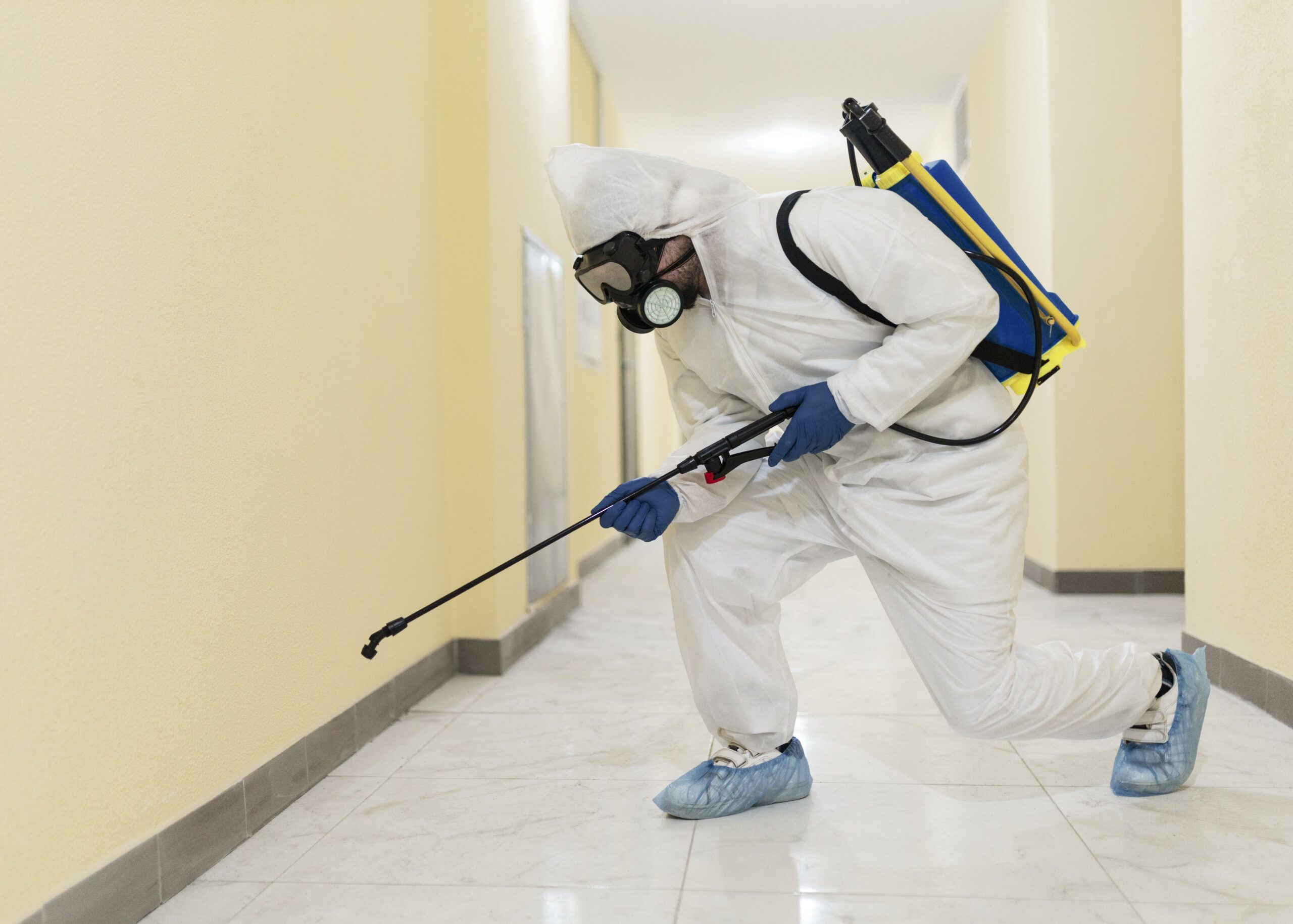In today's world, care for the environment is increasingly critical than ever, leading many homeowners to look for alternatives to conventional pest control methods. Eco-friendly pest control not only minimizes harm to our planet but also provides effective solutions for keeping our homes pest-free throughout the year. As we strive to defend our homes from frequent household pests, it's vital to embrace methods that are safe for our loved ones, pets, and the environment.
In this piece investigate the benefits of eco-friendly pest control methods, offering perspectives into green solutions that can successfully tackle pests while promoting a healthier living space. From understanding the threats posed by pests like roaches and rodents to talking about the importance of preventative measures, we will guide you through the ultimate approach to achieve an environmentally responsible pest management strategy. Together, we can create a pest-free home that is safe for both our loved ones and the planet.
Grasping Typical Household Pests
Residential pests appear in various forms, every presenting unique problems for people. Frequent pests include ants, spiders. These uninvited guests not just interfere with daily life but might also cause considerable damage to homes. Identifying these particular pests is the first measure in successfully managing an infestation and maintaining a safe and healthy home environment.
Ants often invade kitchens in search of food, while cockroaches flourish in warm, dark, and humid places. Mice and rats like gnaw on structures and wires but also bring diseases. Exterminator Queen Creek , generally hidden from plain sight, can silently feast on wood, compromising the integrity of homes. Grasping the habits and preferences of these common pests can help in creating successful control strategies.
Prevention is key when it comes to residential pests. Regular inspections can aid in early detection and management, while eco-friendly pest control methods present safe alternatives to harsh chemicals. Homeowners should focus on sealing entry points, ensuring cleanliness, and utilizing natural deterrents. By being proactive in pest management, one can minimize the likelihood of infestations and shield both the home and the environment.
Effective Environmentally Friendly Pest Control Strategies
One of the most successful eco-friendly pest control approaches is the use of organic repellents and deterrents. Natural oils such as peppermint, lavender, and melaleuca oil have been shown to keep away various pests, including spiders, ants, and even mice. By creating sprays using these oils mixed with water, residents can safely protect their environments from pest invasions while ensuring that their families and animals are not exposed to harsh chemicals. Using these solutions into housekeeping practices can also help to maintain a clean environment without adverse side effects.
Another helpful method is the adoption of tangible barriers and habitat adjustment. Keeping ventilation openings and entrances sealed, using mesh, and ensuring that openings are filled can significantly reduce the chance of pests entering your home. Additionally, maintaining a clean and uncluttered environment will diminish pest habitats, making your space less attractive to unwanted visitors. Simple changes, like storing food in airtight containers and regularly taking out the rubbish, are vital measures in keeping your home pest-free naturally.
Lastly, promoting helpful insects is a fantastic eco-friendly strategy that can help manage pest populations. Ladybugs and green lacewings, for example, are organic predators of aphids and other common garden pests. Planting flowers that attract these beneficial insects can help create a stable ecosystem in your garden and lessen the need for chemical interventions. By promoting this natural ecological relationship, gardeners can effectively manage pests while also contributing to a sustainable environment.
Year-Round Bug Control Advice
To maintain a pest-free environment during all seasons the year, it is crucial to set up a routine of routine maintenance and inspection. Begin by sealing any cracks and openings around your home, as these are frequent entry points for multiple pests. Employ weather stripping on doors and windows to eliminate gaps that could allow insects or rodents infiltration. Periodically inspect your foundation, roof, and attic for signs of wear or weakness, and quickly address any issues to deter unwanted invaders.

Another important aspect of pest prevention is proper sanitation. Maintain your home neat and free of clutter, focusing on kitchens and dining areas where food particles can lure pests. Frequently dispose of garbage and ensure that food is stored in airtight containers. Additionally, consider using non-toxic cleaning solutions that reduce chemical exposure while still being effective in keeping pests at bay. A neat home not only decreases the risk of infestations but also fosters an environment that is less appealing to pests.
Finally, educate yourself about the seasonal pests that may invade your home during the year. For instance, stay watchful during spring for ants and termites, while summer often delivers mosquitoes and flies. During fall, rodents may seek warmth and shelter indoors, and in winter, it's crucial to guard against pests like cockroaches and bed bugs. By comprehending the patterns of pests and implementing proactive measures, you can protect your home against infestations while using eco-friendly pest control methods that are safer for your health and the environment.
